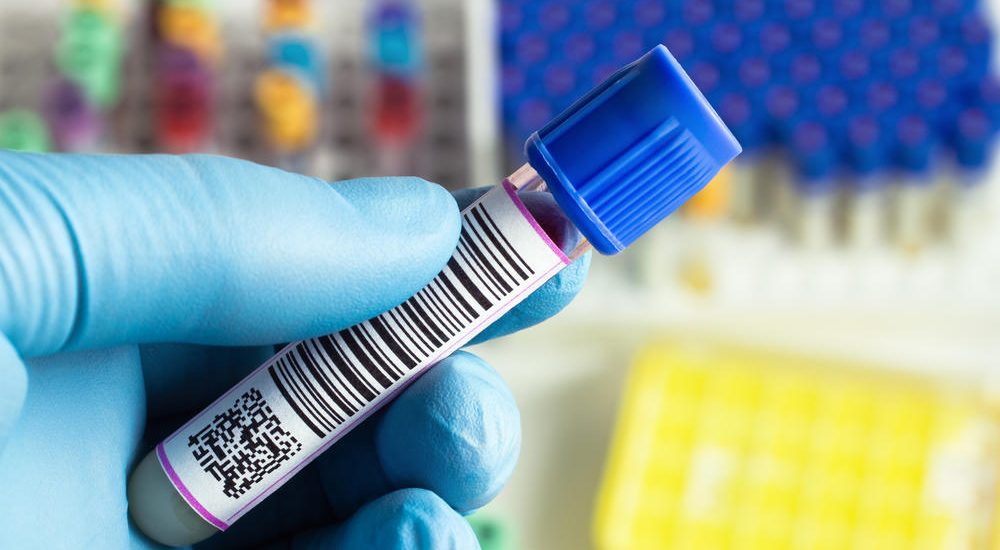In order to better understand the scope of the local COVID-19 pandemic, Augusta University Health will begin antibody testing this week to detect whether people have previously been exposed to coronavirus and developed antibodies against it.
Antibodies are an immune response to infection, and the presence of them suggests the person was infected with the virus whether they showed symptoms or not, according to Dr. Brandy Gunsolus, the Special Testing Laboratory Manager and Doctor of Clinical Laboratory Science at AU Health.
“This test is not one for diagnosing an acute infection,” Gunsolus said. “The antibodies come up too late in the disease process for that purpose. Therefore, this test is not determining if someone has an infection, it’s testing if they’ve had one. And, just because you have antibodies, doesn’t mean that your infection is over.”
While the new antibody testing will initially only be open to patients at AU Health, there are plans to offer the testing to the general public within the next few weeks, Gunsolus said.
AU Health, the state’s public academic medical center and home to the Medical College of Georgia, has been commended by Georgia Gov. Brian Kemp for developing a telemedicine screening mobile application for COVID-19.
The AU Health ExpressCare app allows people to be screened for the virus virtually, 24/7, with no appointment required and at no cost.
However, antibody testing is much different than the nasal swab testing for COVID-19, Gunsolus said.
“Those interested in an antibody test would need to see their physician or do a telemedicine visit and get an order for the test,” Gunsolus explained. “Then, they would have come to our outpatient phlebotomy lab and get blood drawn for the test. We do not have the antibody testing set, up at this moment, like a drive-through, because it is a blood test. After completing the test, their results would be available more than likely within 24 hours in the VIP portal.”
Antibody tests can be a critical tool to show how the disease spreads through the local population, but it should not be used to determine when or if someone should return to work, Gunsolus said.
“There are a lot of individuals out there who may not know that they had COVID-19 and they may want to know, especially if they’re still having some lingering effects potentially from it,” she said. “Also, this test is for anyone interested in donating convalescent plasma and who wants to know if they’ve got the antibodies in order to do so. But it should not be used as a test to return to work or this test shouldn’t be ordered just because, ‘Hey, I want to know.’ It should be ordered for a purpose.”
 Augusta University
Augusta University




